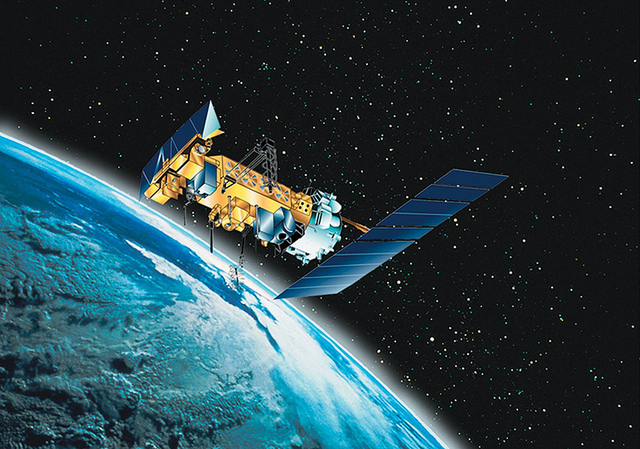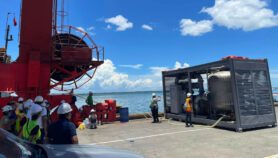By: Fatima Arkin
Send to a friend
The details you provide on this page will not be used to send unsolicited email, and will not be sold to a 3rd party. See privacy policy.
Singapore will launch its first locally made commercial satellite next month from India —TeLEOS-1, weighing 400 kilograms, will be capable of taking photos at a ground resolution of up to one metre.
“Singapore’s exploring different ways to expand its economy,” says Soo Chin Liew, principal research scientist at the remote imaging centre at the National University of Singapore. “Before, electronics was at the front end. Now, it seems like space is the next frontier.”
Before, electronics was at the front end. Now, it seems like space is the next frontier
Soo Chin Liew, remote imaging centre, National University of Singapore
There are obvious benefits to creating a homegrown satellite — national pride, boosting the local economy, skills development to name some. But I think most countries in the region should stop making them because their massive price tag of hundreds of millions, even billions of dollars may not justify the expense relative to the benefits.
Many countries in South-East Asia already have satellites that pretty much do the same thing: orbit the Earth and gather information in the same places. Sure, some satellites have a higher resolution and are better than others, but there are enough cheaper options in the region. Several organisations, including the US National Aeronautics and Space Administration (NASA), provide an abundance of satellite images and data gathered throughout the world, free of charge.
“All these countries throwing up their satellites, it’s ridiculous,” Dinand Alkema, an assistant professor in earth systems analysis at the University of Twente in the Netherlands, told me at the 36th Asian Conference on Remote Sensing held last month in Manila. “Satellites are incredibly useful, but what this region needs is coordination.” That was a sentiment conveyed to me more than once at the conference.
Unfortunately, sharing information and resources is not exactly this region’s strong suit. Some attendees at the conference mentioned having to pay their own government for data.Already, the Earth’s orbit is cluttered. Instead of building new satellites, South-East Asia’s resources should be directed towards more useful ventures like sharing, accessing, processing and analysing the overwhelming amount of data that we already do have.
This piece was produced by SciDev.Net’s South-East Asia & Pacific desk.














